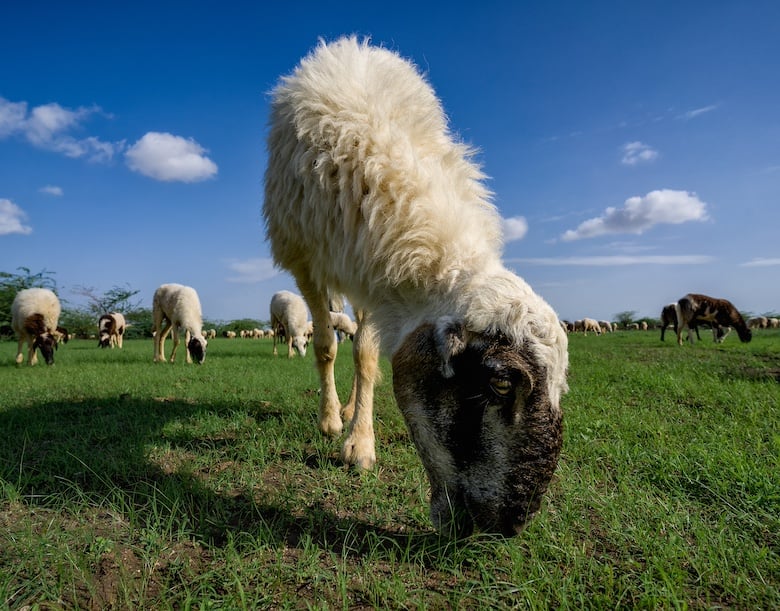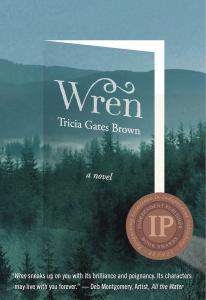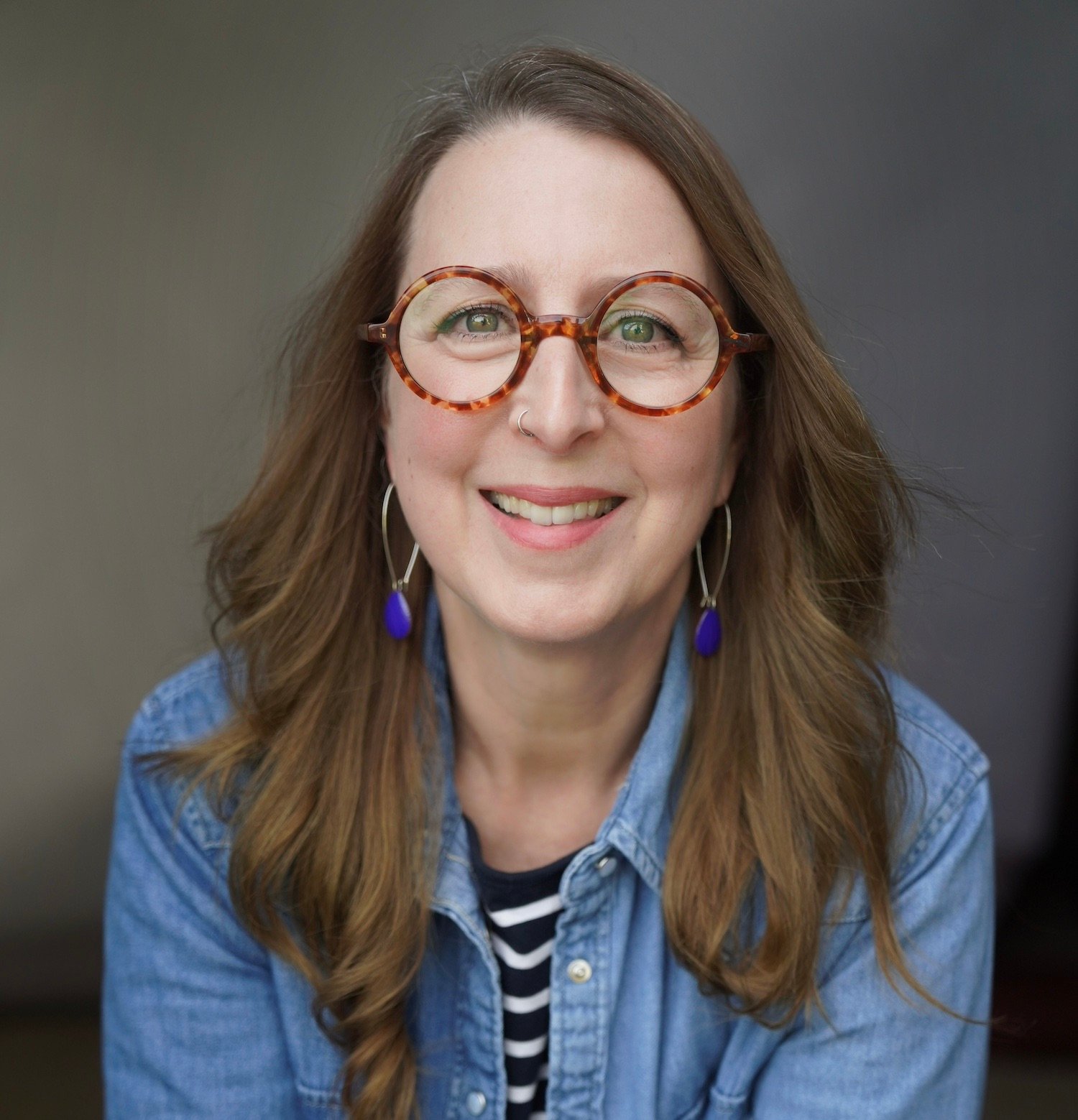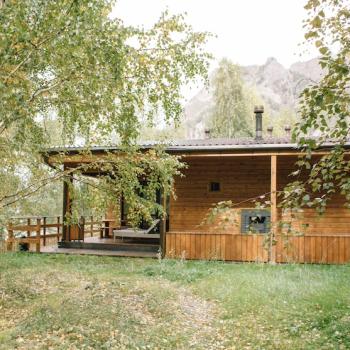
In the milieu I grew up in, it seemed nothing was worse than being called “worldly.” “Worldly” meant sinful and scary. Worldliness was the opposite of Godliness, as far as I could tell, which would have meant—according to my childhood reasoning—that God was not in the world. God had to be somewhere else, in some other realm; and our job was to avoid the rest of creation until we could go there ourselves. Because if not, the world would sully us and bring us down. This meant many things were to be avoided, including lots of people, and things like art and music and books—unless they were Christian. There were many places we couldn’t go (too worldly) and countless temptations to avoid. Nature itself was suspect, as the natural could be worshipped in a way that drew one away from God.
As I came of age, I became suspicious of this worldview because it seemed to find fear in many of the places I found beauty. As my spirituality developed, I experienced God precisely in the things I’d been led to believe were God-less: in folk music, in the woods, in loving connection with fellow humans, in poetry. Moreover, as my understandings of Jesus flowered and matured, he seemed a person in love with the world and the things and people within it. How could this be?! Some of my childhood ledger of God-on-one-side/world-on-the-other had started breaking down.
The Source of Life
I remember vividly the first time I heard the Jewish teacher Rachel Naomi Remen tell the story of the origin of the Ein Sof—the “holy darkness” and the source of life. In this story, the world was born out of the Ein Sofas a great ray of light that came to be carried in vessels. But the vessels broke. Upon this accident, the light of the world was scattered into a thousand thousand fragments that remain hidden in all people, places, and events. And each of us has the capacity to find these hidden fragments of light and make them visible again, gradually restoring the world’s wholeness.
I love this story for its poetry and hopefulness. But I also love how the pieces of God, the source of life, are scattered in—of all places!—the world. And our jobs here on this earth are not to avoid the world, but to go about it searching for that of God scattered among the things of this world. Making God visible. Restoring the light.
I appreciate how Jesus’ parables about “lost things” in Luke 15 glimpse God as a shepherd and housekeeper and father, searching for something lost. Not because it must be spared the sullying of “the world,” but because it is so valued and loved.

Wholeness is for Everyone
Since the one way to talk about something as ineffable as God is by images and symbols, we all adopt favorite images for God. Some images resonate with us more than others. I’ve spent much of my life removing the “old man in the sky” image from the Etch-a-Sketch of my brain. Other images I’ve happily picked up along the way. My favorite image for God involves God as a flow, carrying all things along to redemption and restoration. I imagine a beautiful, lucid stream, gently wending its way past boulders and other obstacles, carrying things along toward a destination. In my mind, that destination is wholeness.
In the culmination of Luke 15, we have the word “repent.” Repentance: Metanoia—the Greek meaning “big mind”—to change one’s way of thinking. In the imagery of flow, we are being carried along toward the transformation of our way of thinking, which is also our way of seeing everything. When we surrender to the flow of God and to restoration, we are no longer lost (to use the language of the parables in Luke 15). To be lost is to try to swim upstream against the flow, or to resist God’s way, God’s flow toward restoration of all things. It is tiring and disorienting and futile to resist the flow. Much of the cumulative story of the Judeo-Christian scriptures answers the question: What is the flow of God moving toward? The scriptures include countless cautionary tales of people resisting, trying to make their own way upstream because they think they can go it alone. Yet as we see again and again, the flow is trustworthy and it is good for everyone. Wholeness is universal.
If you liked this article, please leave me a comment below; I am interested in your perspective. To support my writing, please subscribe and share with a friend!
Wren, winner of a 2022 Independent Publishers Award Bronze Medal
Winner of the 2022 Independent Publisher Awards Bronze Medal for Regional Fiction; Finalist for the 2022 National Indie Excellence Awards. (2021) Paperback publication of Wren , a novel. “Insightful novel tackles questions of parenthood, marriage, and friendship with finesse and empathy … with striking descriptions of Oregon topography.” —Kirkus Reviews (2018) Audiobook publication of Wren.















